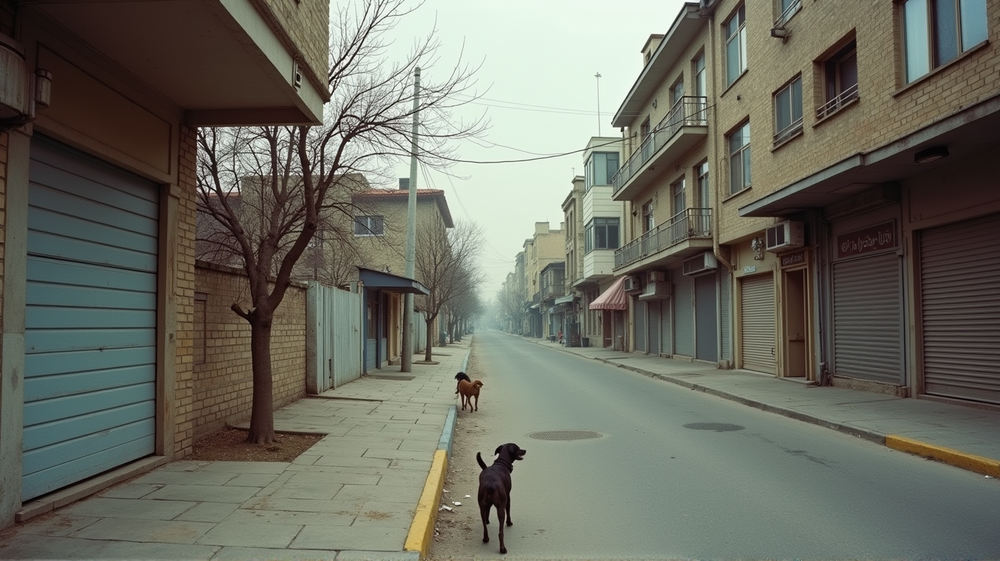In an unexpected move, Iranian authorities have amplified the ban on public dog walking, a directive that reverberates from the 2019 police mandate in Tehran. This decision, reportedly taking effect in at least 17 cities, brings to light the deep-seated cultural and social divides continuing to influence Iran’s societal framework.
Expansion of Controversy
As the ban unfolds, cities such as Isfahan, Kerman, and Ilam witness a crackdown underlined by motives of public health, social order, and safety concerns. According to The Guardian, these measures echo a long-standing contention within Iranian society since the 1979 Islamic Revolution, a period that intensified the cultural interpretation against dog ownership.
Religious and Cultural Tensions
The debate over canine companionship is not rooted in law but often in cultural sentiments and religious interpretations. While there is no outright legal prohibition on dog ownership, many religious scholars preserve the notion that dogs, being najis or ritually impure, should neither be petted nor publicly engaged with unless performing roles such as guarding or herding.
Inconsistent Enforcement
Despite the broadened directive, enforcement varies. Tehran’s streets still see dog owners defy the ban, walking their pets akin to a silent protest against the restrictions. The lack of uniform enforcement illustrates the societal rift over modernity and traditional beliefs.
Legislative and Religious Backing
With some lawmakers denouncing pet ownership as a corrosive societal ailment, voices like that of Iran’s supreme leader, Ayatollah Ali Khamenei, have previously acquiesced to sentiments condemning any cultural shift resembling Western practices, reinforcing religious objections to canine companionship.
Public Reaction and Ramifications
Public opinions remain sharply divided, with some advocating for the protection of cultural heritage while others argue for personal freedoms amidst globalization waves. This action depicts a larger narrative about Iran’s grappling with modernity and traditional values—a dialogue that continues to stir both local and international discourse.
In this tension between tradition and change, Iran’s stance on dog walking is a microcosm of broader societal debates—where cultural identity, religious faith, and modernity intersect in the public sphere.












